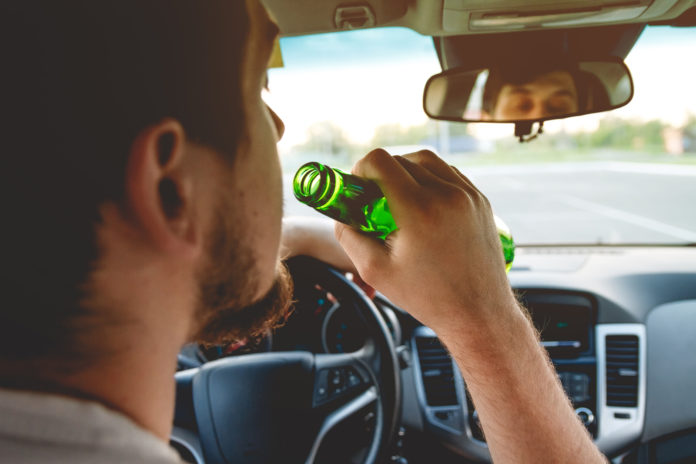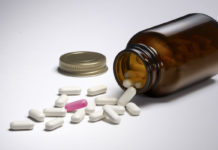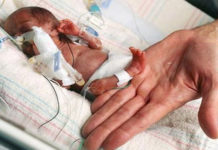People who are heavy drinkers,those that drink between 10 and 40 alcoholic drinks per week,may perceive that they can handle the alcohol, as it leads people to judge that they are not impaired.
Ty Brumback researcher at the Veterans Affairs San Diego Healthcare System in California, US said, “Overall, there is a common belief among heavy drinkers that they can ‘handle their alcohol’ and that many common daily tasks may not be affected by their alcohol use”.
“The results have implications for our understanding of alcohol-induced impairments across neurobehavioural processes in heavy drinkers and their ongoing risks for alcohol-related consequences over time,” Brumback added.
Some heavy drinkers’ extensive experience with alcohol may cause increased speed of metabolism, and lower self-perceived impairment.
Drinking can make us prone to minor accidents, like knocking over your drink at a house party, that you may dismiss as part of an average night. But alcohol can be the cause of more serious accidents too.
There are two main things that make this likely. Because it’s a depressant, alcohol slows down the brain and affects the body’s responses. At the same time, if you’ve been drinking, you’re more likely to take risks. Combined, these reactions increase the chance of accidents happening.
The result of driving after drinking leads to Impaired vision,reduced reaction times,reduced concentration and vigilance. Feeling more relaxed and drowsy, which may cause a driver to fall asleep at the wheel.
As per study, the tolerance to alcohol of men who take more than five drinks at one time and women taking more than four drinks, is not protective against accidents or injuries.
Though heavy drinkers showed less impairment than light drinkers on a rote fine motor test over time, but they did not perform better on a test involving more short-term memory, motor speed, and more complex cognitive processing
As blood alcohol concentration (BAC) rises, so does the risk of accidents. BAC, the amount of alcohol in your breath or blood, is measured in mg of alcohol per 100ml of blood, or mg%. It’s affected by all sorts of factors, including how much alcohol you drink, how fast you drink it, your body size, how much you’ve eaten, your gender and even your emotional health.
The percentage of car accidents are caused by alcohol is over 50% of these are caused by alcohol impaired drivers. Over 50% of all fatal highway crashes involving two or more cars are alcohol related. Over 65% of all fatal single car crashes are alcohol related. Over 36% percent of all adult pedestrian accidents are alcohol related.
In the study, 155 young adult volunteers were tested on two cognitive and motor coordination tests at the beginning of the study and again five years later.
The findings was published in the journal Psychopharmacolog.


























